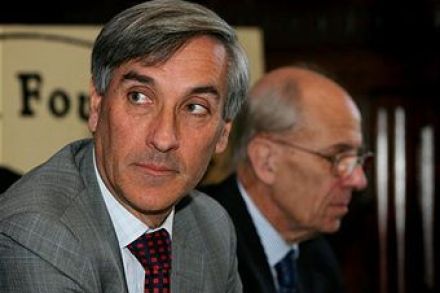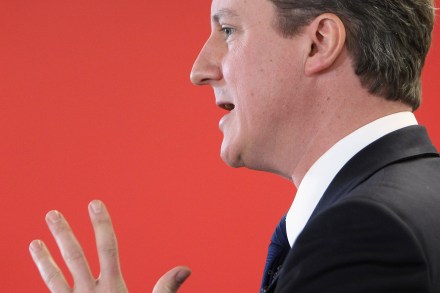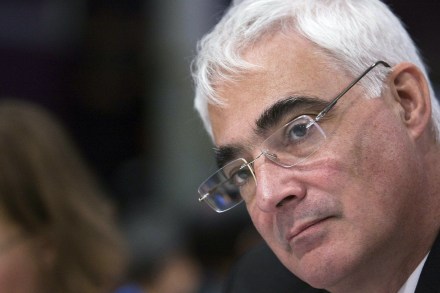The Tories’ Northern Ireland policy has nothing to do with electoral advantage
If Tory policy in Northern Ireland was based around electoral advantage, as their critics have been insinuating these last few days, then they never would have attempted to get a new political force off the ground there. Rather, they would have waited for the election result and then, if necessary, made a deal with a unionist party that could offer them enough support. As the vote on 42 days showed, the DUP is not averse to deal-making. Indeed, until recently it appeared that the Tory approach would cost them if there was a hung parliament as it made the DUP far less inclined to support the Tories, their electoral rivals.


















